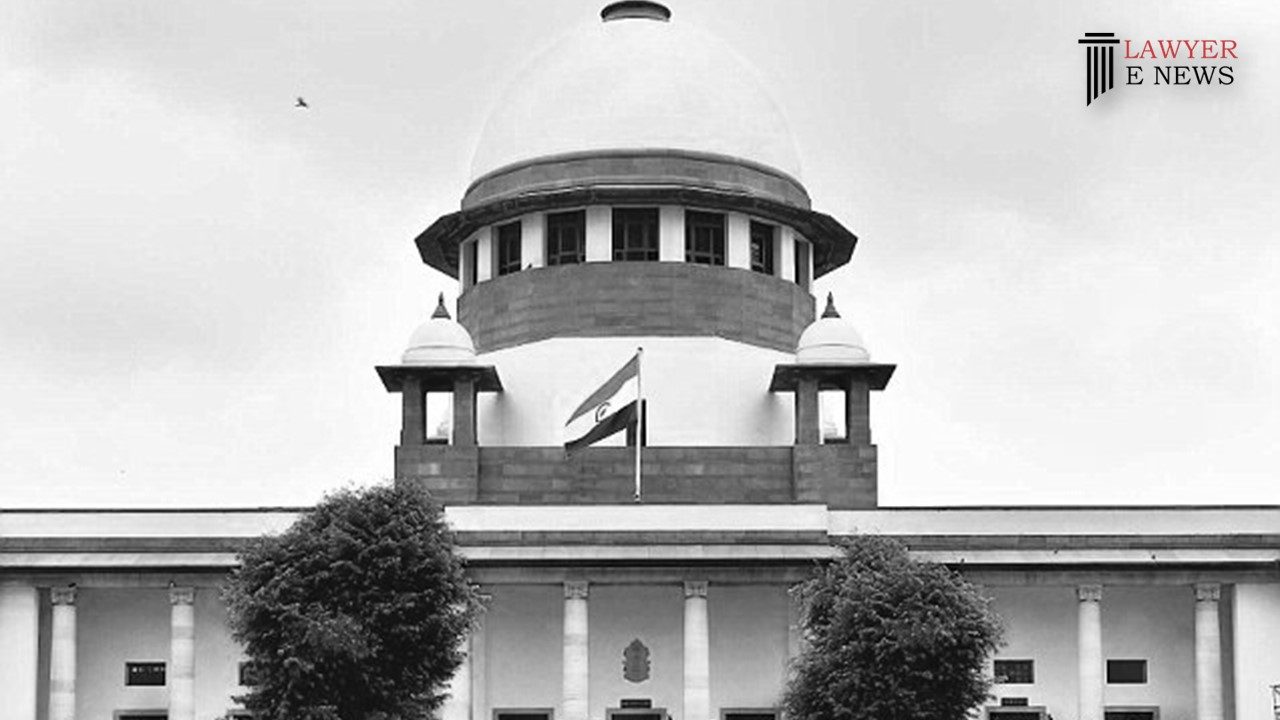-
by Admin
16 February 2026 4:21 AM



In a significant ruling, the Supreme Court has acquitted the appellant in a case involving charges of rape under Section 376 IPC. The judgment, delivered by Justice Sudhanshu Dhulia, raised critical questions about the prosecutrix’s age and the credibility of the allegations.
The verdict emphasized the importance of establishing the age of the prosecutrix, stating, “Uncertainty around prosecutrix’s age and circumstances suggesting the possibility of a consensual act – Absence of clear evidence establishing non-consensual sexual intercourse – Prosecution’s failure to prove beyond doubt the age and the non-consensual nature of act.”
Furthermore, the Court highlighted the need for cautious examination of the sole testimony of the prosecutrix, particularly when conflicting with other evidence. It stated, “Testimony of the prosecutrix requires cautious examination, especially when conflicting with other evidence.”
The case revolved around an initial settlement attempt through a marriage proposal, which failed, leading to the filing of an FIR. The prosecution relied on school records, medical examination reports, and testimonies to establish the case.
The conflict between the school register and medical examination regarding the prosecutrix’s age played a crucial role in the judgment. The Court noted, “Critical to ascertain whether consent for sexual intercourse could be considered – Lack of solid evidence and failure to conduct bone ossification test leaves age undetermined.”
The medical examination report indicated no signs of force and well-developed secondary sex characteristics, further complicating the determination of age. The Court observed, “Medical report indicating no force used, and well-developed secondary sex characteristics – Yet, medical evidence not conclusively determining the age of the prosecutrix – Failure to conduct further tests to ascertain age leaves crucial gaps in prosecution’s case.”
Ultimately, the Supreme Court found the prosecution’s evidence inadequate in establishing both the age of the prosecutrix and the non-consensual nature of the act. Consequently, the appellant was acquitted of all charges under Section 376 IPC, and the previous judgments were set aside.
This judgment underscores the importance of rigorous evidence collection and examination in cases involving sexual offenses and serves as a reminder of the legal principle that it is better for ten guilty persons to escape than for one innocent person to be punished.
Date of Decision: 30 October 2023
MANAK CHAND @ MANI VS THE STATE OF HARYANA
